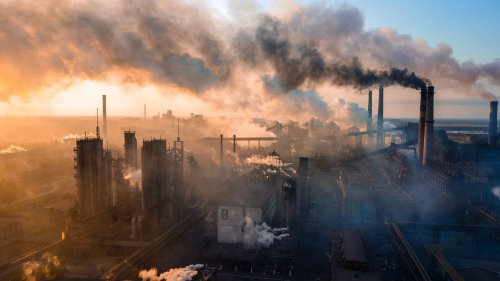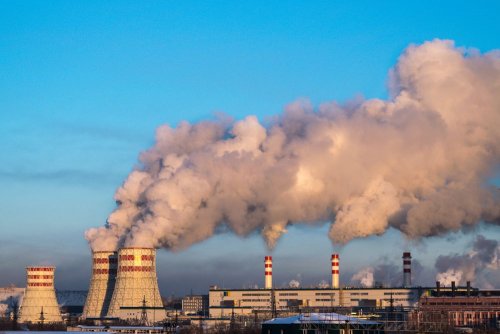The U.S. Department of Energy (DOE) will allocate $254 million for industrial decarbonization, including $83 million to reduce emissions in industrial sectors that are difficult to decarbonize.
In addition, $171 million will be spent to fund 49 projects in 21 states to reduce industrial greenhouse gas emissions and accelerate the development of innovative decarbonization technologies, the DOE reports.
It is noted that the industry, which is difficult to decarbonize, creates about 30% of the country's total carbon emissions. The announced funding is part of the support for US President Joe Biden's Investing in America program.
"Today's announcement will help advance the innovative technologies needed to lower costs and improve energy efficiency in America's factories and industrial centers," said US Energy Secretary Jennifer M. Granholm.
The DOE press office explained that the 49 winners will support high-performance applied research, development and pilot technology projects to reduce energy consumption and greenhouse gas emissions in industrial subsectors. In particular, in the chemical industry, which accounts for about 40% of all industrial energy use and emissions in the country. The projects will also contribute to cross-sectoral approaches to industrial decarbonisation to address problems common to different industries.
The selected projects will contribute to the development of decarbonization technologies in the following areas:
- decarbonization of industrial heat – 10 projects for $25.3 million;
- research and development using low-carbon fuel – 6 projects for $20.7 million;
- interdisciplinary research and development works – 5 projects for $14 million;
- decarbonization of chemicals – 6 projects for $30.5 million;
- decarbonization of iron and steel – 7 projects worth $37 million;
- decarbonization of food and beverage production – 5 projects for $11.1 million;
- decarbonization of cement and concrete – 5 projects for $20 million;
- decarbonization of forest products – 5 projects worth $12 million.
The DOE emphasized that these industries account for 65% of industrial emissions in the US, which endanger public health and pollute ecosystems. Decarbonizing these industries is essential to decarbonizing supply chains and achieving climate neutrality.
Earlier, EcoPolitic wrote, that in March 2023 in the USA announced the allocation of $6 billion to accelerate decarbonization in energy-intensive industries, in particular in the production of steel, aluminum, cement, chemicals, ceramics and paper.
As EcoPolitic previously reported, in October 2023 the US Department of Energy allocated $7 billion to launch the first seven regional pure hydrogen hubs (H2Hub), which will produce 3 million metric tons of H2 per year.





